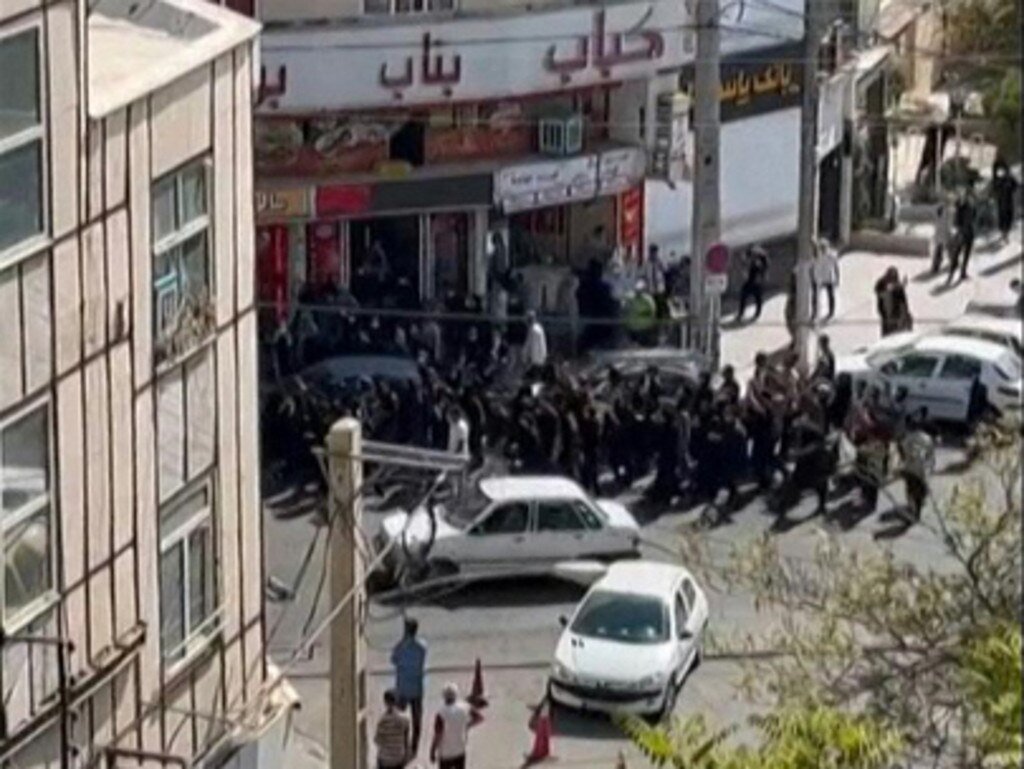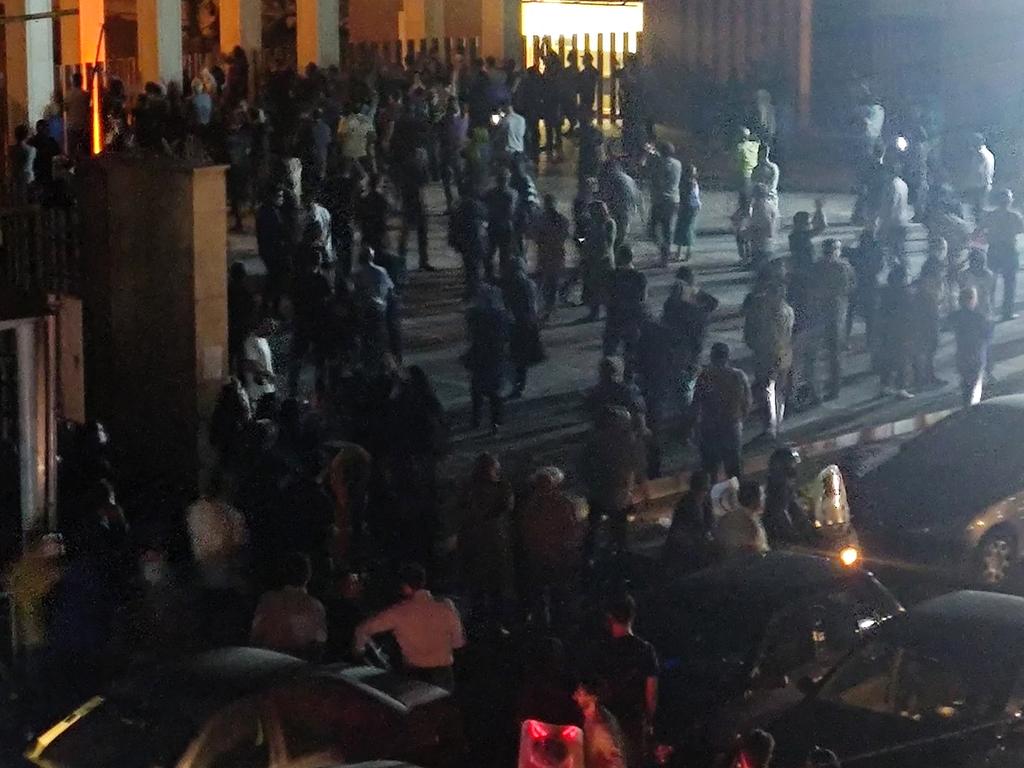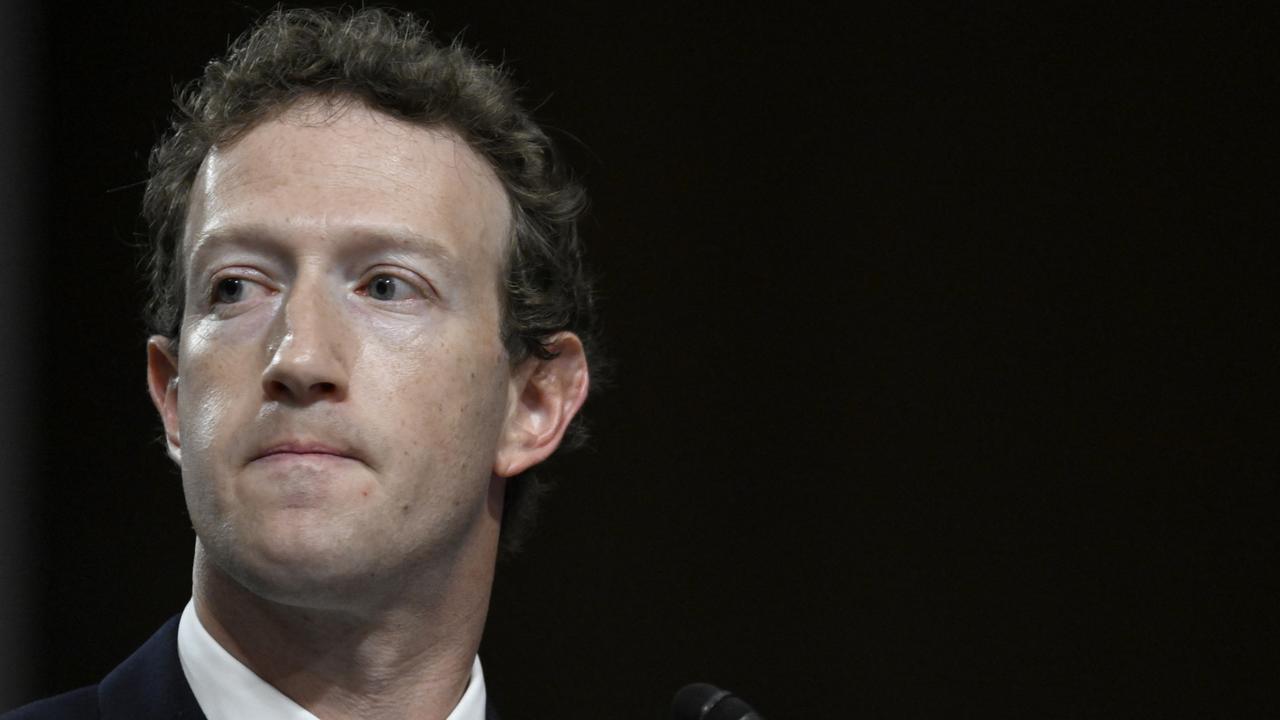Iran protests: Students abuse President Raisi as hackers seize TV evening news
A speech at an all-female university by Ebrahim Raisi backfired when the auditorium was surrounded by students chanting at him to ‘get lost’.
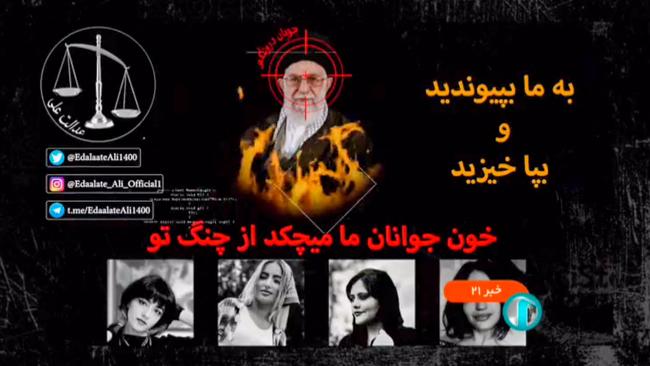
A speech at an all-women university by President Ebrahim Raisi in an attempt to play down protests across Iran that have led to the deaths of scores of people backfired when the auditorium was surrounded by students chanting at him to “get lost”.
Raisi’s speech repeated the regime’s claim that the protests, which began with the death in custody of a young woman arrested for allegedly not wearing her headscarf properly, was the work of foreign-backed agitators.
He told a selected audience at Al-Zahra University in Tehran on Saturday that he was confident that the “vigilance of university professors and students” would crush the “false dreams of the enemy”. In an inflammatory addition, later scrubbed from the official record but preserved on video recordings, he quoted a Persian poem, saying: “The noise is very similar to the noise of a fly and will disappear soon.”
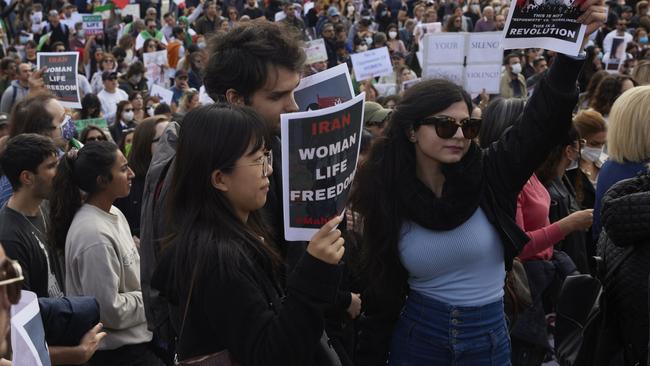
A subsequent video posted online showed a young woman wearing a mask spraying fly-killer over a minimised recording of Raisi speaking, before swatting it with a flip-flop.
A “hacktivist” group managed to break into a television news broadcast on Saturday night, flashing up an image of the supreme leader, Ayatollah Ali Khamenei, covered by gunsight cross-hairs and flames. The image also contained a picture of Amini and other women killed in the protests, with the slogans “The blood of our youths is on your hands” and “Join us and rise up”.
On the campus, young women, mostly continuing to wear the hijab, danced and shouted: “We don’t want a corrupt guest.” Graffiti mocked Raisi’s own lack of a standard higher education. He went straight to a seminary from primary school.
There was no immediate response from the authorities but later in the evening Raisi held an emergency meeting with the Speaker of parliament, Mohammad Bagher Ghalibaf, and the chief justice, Gholam-Hossein Mohseni Ejei, both noted hardliners. Yesterday (Sunday) morning, according to posts on social media, vans arrived at schools across the country to arrest girls who had taken part in protests.
Elsewhere, unrest continued to be met with violence. Videos showed police officers and the Basij, the paramilitary police force, pursuing and beating groups of protesters, including young women, in towns across the country. In the northern city of Sanandaj a man who honked in support of the protesters was shot dead at the wheel of his car, according to a Norway-based human rights group.
Today in Iran, schoolgirls remove their compulsory hejab and chant “death to the dictator†while stomping on the photos of their rulers pic.twitter.com/ipQPSZhsvC
— Karim Sadjadpour (@ksadjadpour) October 3, 2022
Mahsa Amini, 22, the woman whose death in custody on September 16 prompted the protests, was from Iran’s Kurdish minority and the protests in the Kurdish northwest have been particularly loud.
Another Norway-based human rights group said that at least 95 people had so far been killed in the protests and the security forces’ aggressive response to them. The regime says that 14 members of the security forces have been killed, including a Revolutionary Guard fighter in Sanandaj and a member of the Basij in Tehran.
In a separate uprising, at least 90 people are believed to have been killed in Iran’s far southeast, which is dominated by the largely Sunni Muslim Baluchi ethnic group, in clashes following claims that a teenage girl was raped by a senior police officer. In total 19 minors have been killed in various protests, the human rights group said. Iran’s state news agency said that there had been more protests yesterday (Sunday) in Tehran and that the security forces had been forced to use tear gas to quell them. Protesters set fire to public property, including a police booth, the agency said.
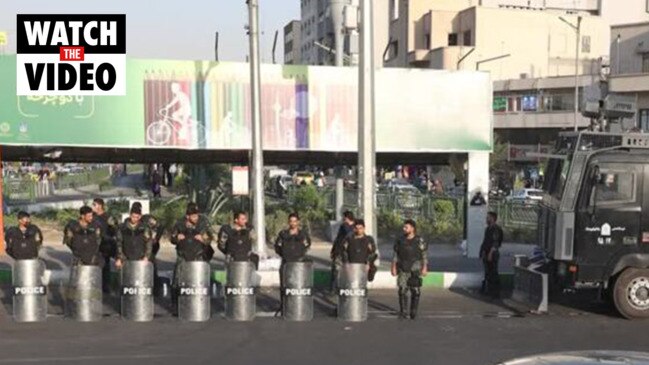
An official coroner’s report released on Friday attributed Amini’s death to “underlying health conditions”. That was rejected by her family, who insist that she was beaten around the head.
The demonstrations have attracted unusual levels of support from across the world, with women including celebrities filming themselves cutting their hair in solidarity with a common form of protest inside the country.
On Sunday Annalena Baerbock, the German foreign minister, called for more sanctions including asset freezes and entry bans for Iranian officials.
The Times

